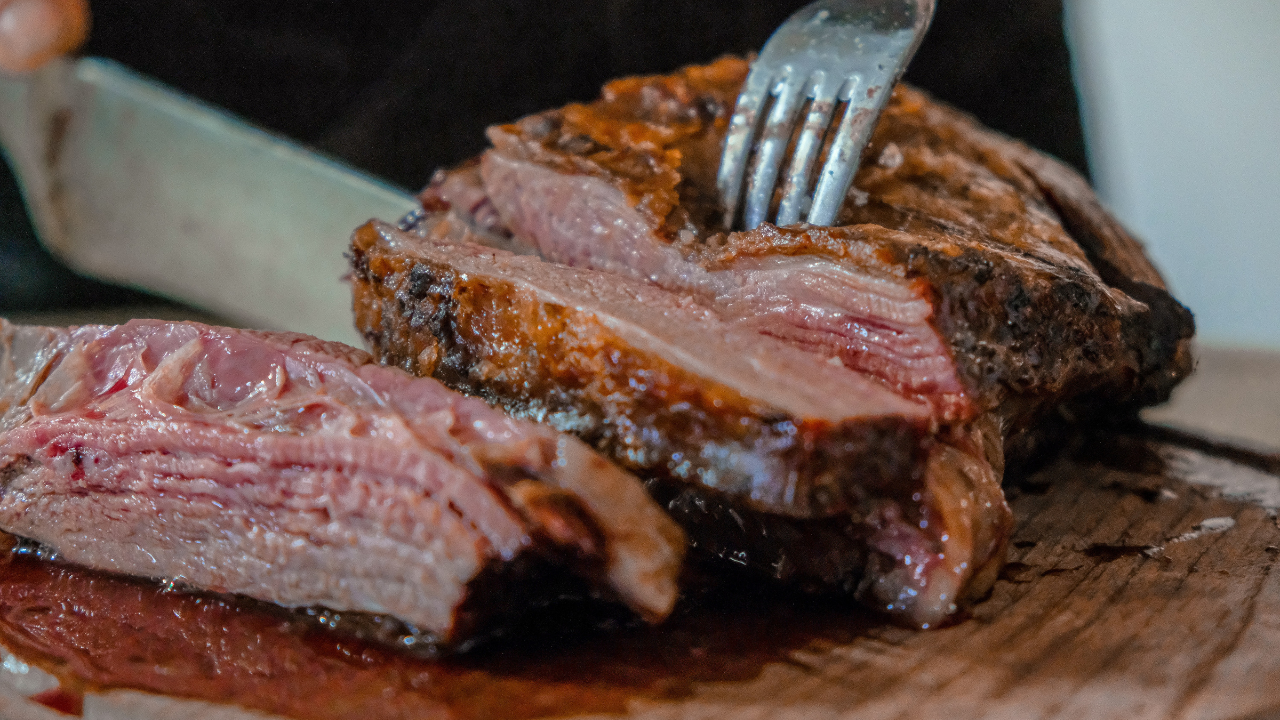If Processed Meat and Other Cancer-Causing Foods are Dangerous for Consumption, Why Doesn’t the US Ban Them?

Processed meat and other foods that are classified as carcinogenic (cancer-causing) are not banned in the US because they are still considered safe to eat in moderation, and the risk of cancer from consuming these foods is generally small compared to other risk factors, such as smoking, alcohol consumption, and lack of physical activity.
Furthermore, the government’s role is not to ban all potentially harmful substances, but rather to regulate them to ensure that they are safe for consumption within reasonable limits. The US Food and Drug Administration (FDA) and the US Department of Agriculture (USDA) have set limits on the amount of certain carcinogenic substances, such as nitrates and nitrites, that can be used in processed meats and other foods.
It’s important to note that the classification of processed meat and other foods as carcinogenic does not mean that they are equally dangerous as other known carcinogens, such as tobacco smoke or asbestos. The International Agency for Research on Cancer (IARC) categorizes substances based on their potential to cause cancer but does not take into account the level of risk posed by exposure to those substances.
Ultimately, it is up to individuals to make informed choices about their diet and lifestyle to reduce their risk of cancer and other health problems. The best approach is to eat a balanced diet that includes plenty of fruits, vegetables, whole grains, and lean protein while limiting the intake of processed and high-fat foods, sugary drinks, and alcohol.



